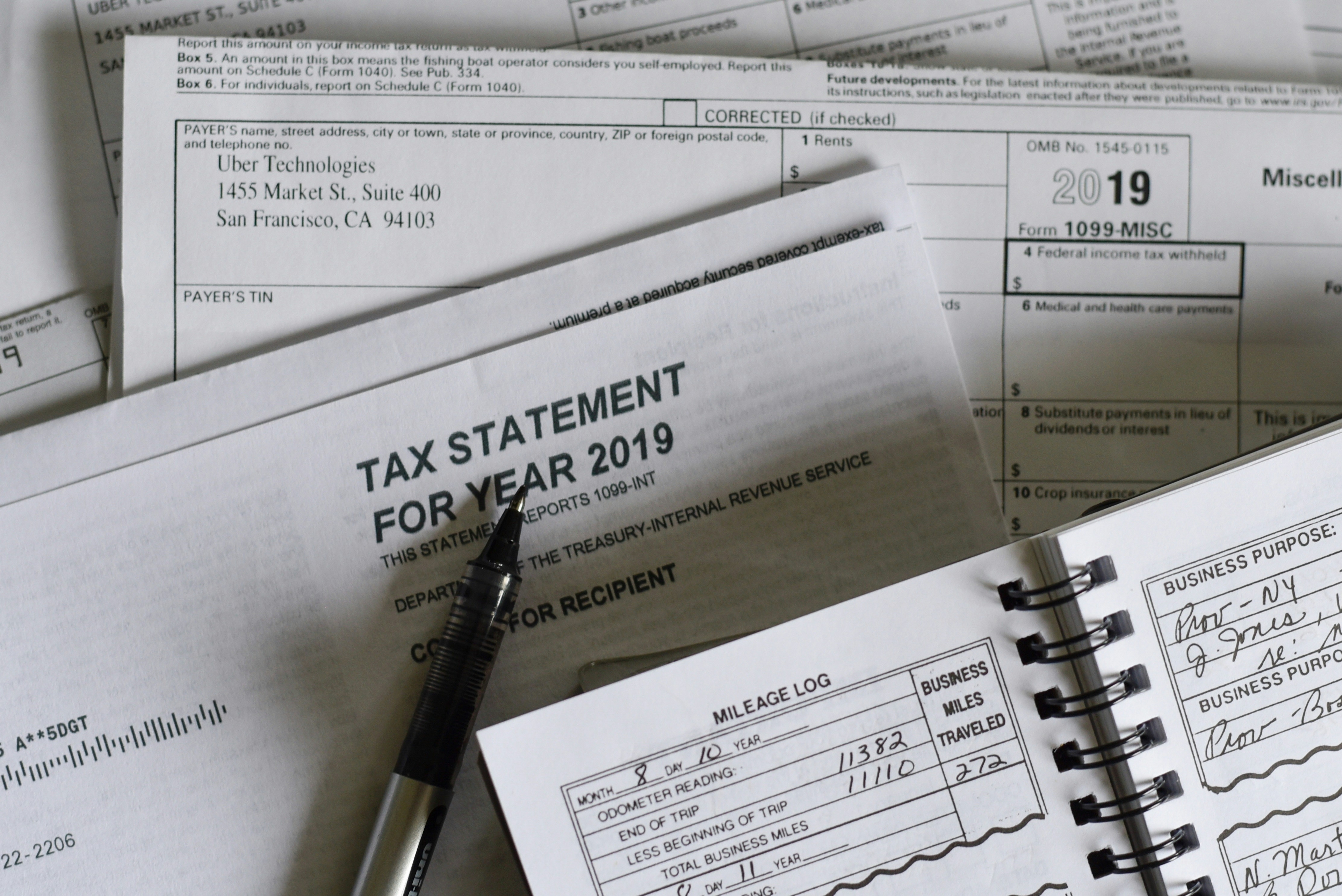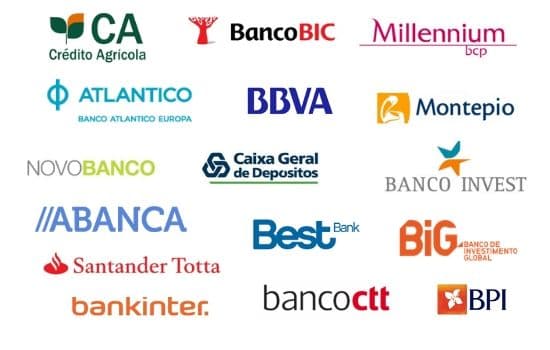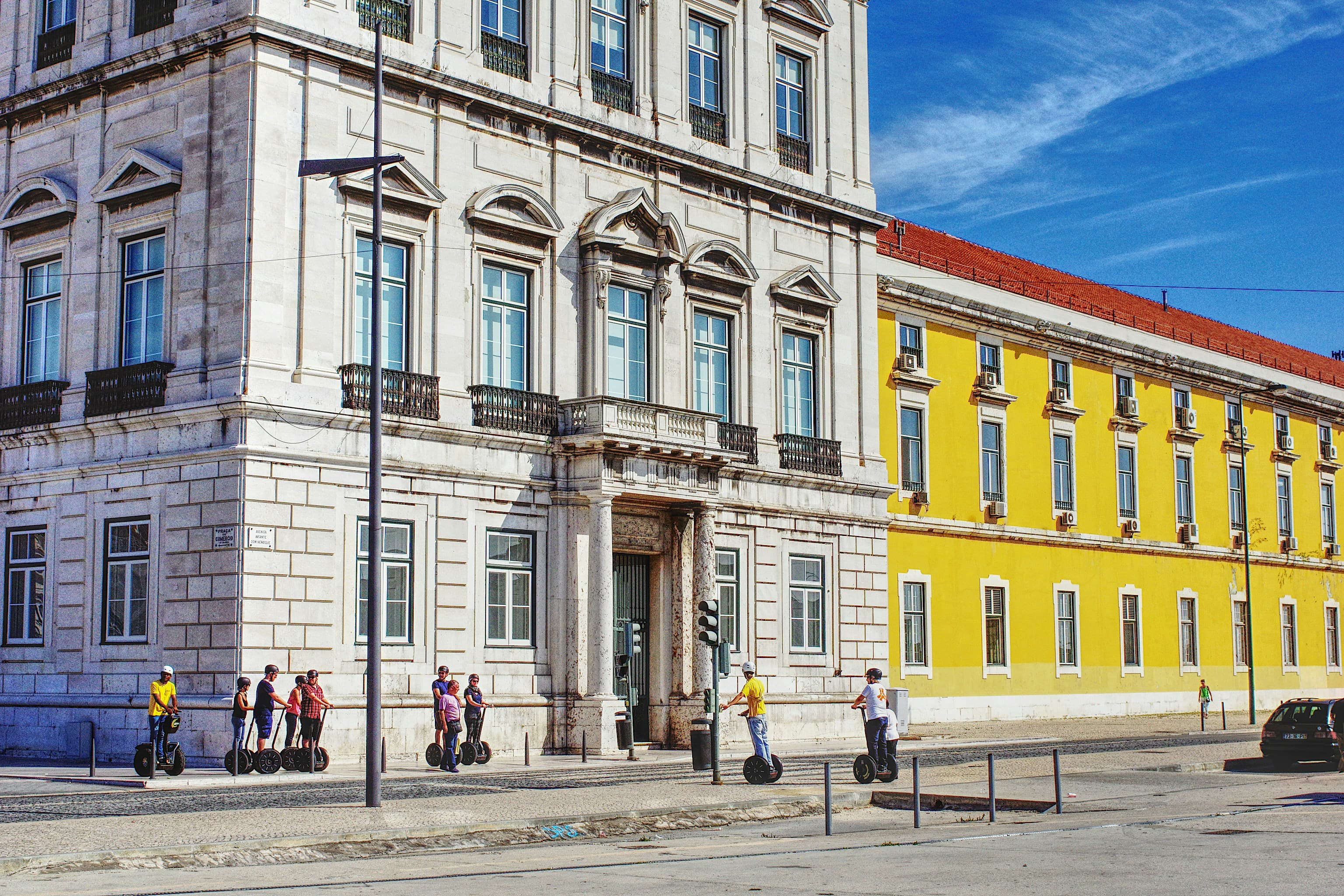
Taxation in Portugal: Taxes to Know
Between fiscal attractiveness, administrative simplicity, and recent reforms, Portugal appeals to both residents and expats alike.
Portugal attracts not only for its climate and quality of life but also for its favorable tax system.
The country has modernized its framework while maintaining a pragmatic, clear, and accessible approach.
Whether you are an employee, freelancer, investor, or retiree, understanding the Portuguese tax system is essential before settling or starting a business there.
Here is a complete overview of the main taxes to know in Portugal.
A Centralized and Transparent Tax System
The Portuguese tax system is managed by the Autoridade Tributária e Aduaneira (AT), the equivalent of the French tax authority.
All operations — declarations, payments, and reimbursements — can be carried out online through the official Portal das Finanças, accessible to all taxpayers.
Portugal applies a progressive income tax system, competitive corporate tax rates, and a clear property taxation structure.
Procedures are generally straightforward, and public services are quite efficient, especially in larger cities.
Personal Income Tax (IRS)
The IRS (Imposto sobre o Rendimento das Pessoas Singulares) is Portugal’s equivalent of personal income tax.
It applies to anyone who lives or earns income in Portugal.
Tax rates are progressive, ranging from about 14% to 48%, depending on annual income.
The calculation takes into account family status, dependents, and eligible deductions (health, education, housing, etc.).
Taxpayers must file their annual returns between April and June.
For expats, Portugal offers several specific regimes, including the well-known Non-Habitual Resident (NHR) status, which is particularly advantageous.
The Non-Habitual Resident (NHR) Regime
Created to attract talent and foreign investment, the NHR regime allows qualifying new residents to benefit from reduced taxation for ten years.
It applies to individuals who have not been Portuguese tax residents during the previous five years.
The main advantages include:
- A flat 20% income tax rate on high-value-added professions (liberal professions, engineers, researchers, artists, etc.).
- Full or partial exemption on foreign income, depending on Portugal’s double-taxation agreements.
This status has significantly contributed to the arrival of expats, European retirees, and independent workers drawn by the country’s mild climate and attractive lifestyle.

Corporate Income Tax (IRC)
The IRC (Imposto sobre o Rendimento das Pessoas Coletivas) applies to corporate profits.
The standard rate is 21%, but lower rates apply to small businesses, especially on the first €50,000 of profit.
Certain regions, such as Madeira and the Azores, offer reduced rates to encourage investment.
Deductions are available for innovative companies or those engaged in research and development.
As a result, Portugal has become an appealing destination for startups, tech firms, and freelancers establishing a Limited Liability Company (Lda), the Portuguese equivalent of a SARL.
Value Added Tax (IVA)
The Portuguese VAT, known as IVA (Imposto sobre o Valor Acrescentado), is similar to that of other EU countries.
The standard rate is 23% on most goods and services.
Two reduced rates apply: 13% for restaurants and 6% for essential goods (basic food, books, medicines, and public transport).
Businesses must declare and remit VAT regularly according to their turnover.
All procedures are fully digital, making management easier for freelancers and small companies.
Property Taxes
With a particularly dynamic real estate market, several taxes apply to property owners and investors in Portugal.
- IMI (Imposto Municipal sobre Imóveis): an annual property tax based on the property’s taxable value (rates between 0.3% and 0.45%).
- IMT (Imposto Municipal sobre Transmissões Onerosas de Imóveis): a property transfer tax applied to real estate transactions, depending on the type and value of the property.
- AIMI (Adicional ao IMI): an additional tax on high-value properties, equivalent to a real estate wealth tax.
Non-residents are also subject to these taxes, though they can appoint a local tax representative to handle the procedures.
Other Taxes and Social Contributions
Workers in Portugal contribute to the social security system (Segurança Social), funded by a contribution of around 11% for employees and 21.4% for employers.
Self-employed workers contribute about 21% of their net income, with reduced rates available at the start of their activity.
Other minor taxes exist, such as stamp duty on certain banking transactions or rental contracts.
Overall, the system remains coherent and transparent, though quite strict regarding declaration deadlines.
Conclusion
Portugal has successfully achieved a balance between fiscal fairness, economic attractiveness, and administrative efficiency.
Its clear taxation system, simplified procedures, and special regimes make it a top destination for living, working, or investing.
Between tradition and modernity, the Portuguese tax system reflects the spirit of the country itself: pragmatic, welcoming, and forward-looking.
Understanding it is the first step to truly feeling at home.
Share this article
Suggested articles

Payment Methods in Portugal Cards, MB Way, and Cash
Portugal attracts millions of visitors every year, as well as a growing population of expatriates from Europe, Africa, and the Americas. For newcomers, understanding how payment methods work in the country is essential for managing a budget, making everyday purchases, and avoiding unpleasant surprises.

Mortgage Loans in Portugal : Conditions and Rates
Portugal attracts numerous people every year (expatriates, investors, and future homeowners) drawn by its climate, quality of life, and property prices that are still relatively affordable compared to other European countries.

Money Transfers France ↔ Portugal: Best Solutions
More and more French citizens are living, working, or investing in Portugal. Whether expats, students, retirees, or entrepreneurs, money transfers between France and Portugal have become a daily reality. But with hidden fees, varying transfer times, and sometimes unfavorable exchange rates, choosing the right transfer method is essential.

Opening a bank account in Portugal : how to do it
You’ve decided to settle under the Portuguese sun, coffee in hand and maybe a pastel de nata for dessert ? Excellent choice. But before you fully relax, there’s one essential step : opening a local bank account. Because yes, even in Portugal, things “run smoother” when you’ve got a Portuguese IBAN. Here’s how to do it, without losing your mind, promise !

Online Banks and Neobanks Operating in Portugal
Portugal, known for its hospitality and relaxed lifestyle, is also a country looking toward the future. In the financial sector, it is establishing itself as a European laboratory for digital banking services. With a young, connected, and tech-savvy population, online banks and neobanks have found an enthusiastic audience here.

Real Estate as an Investment in Portugal, Pitfalls and Opportunities
Investing in real estate in Portugal is a dream for many foreigners ! With sunshine throughout the year, a pleasant climate, and a high quality of life, everything seems to be in place for buying a house or an apartment in this small European country. However, behind this attractive image lies an essential reality : the Portuguese real estate market is not fully regulated. This creates both opportunities and potential pitfalls for investors. Understanding how the market functions and where the risks lie is key to making a successful investment.


